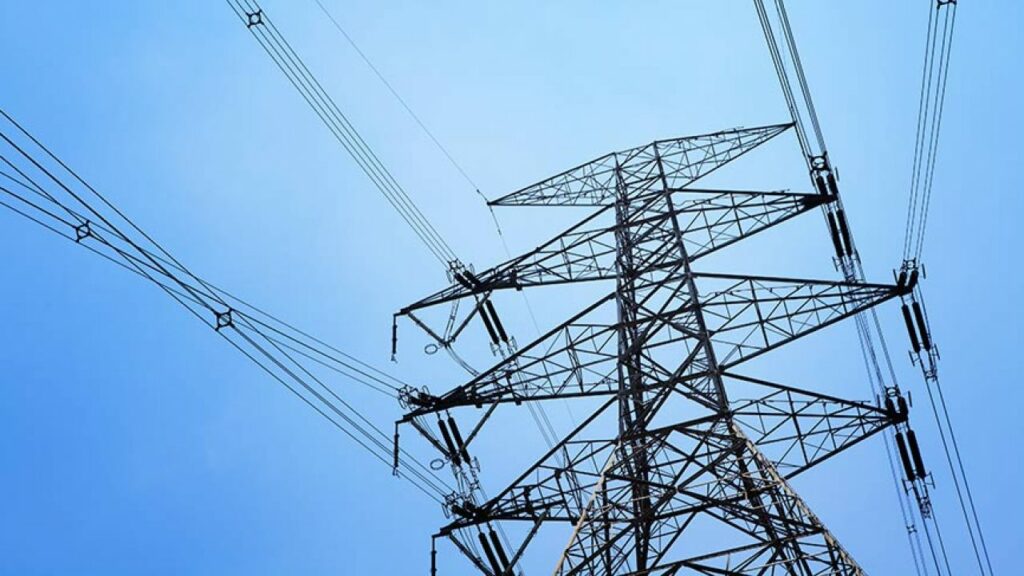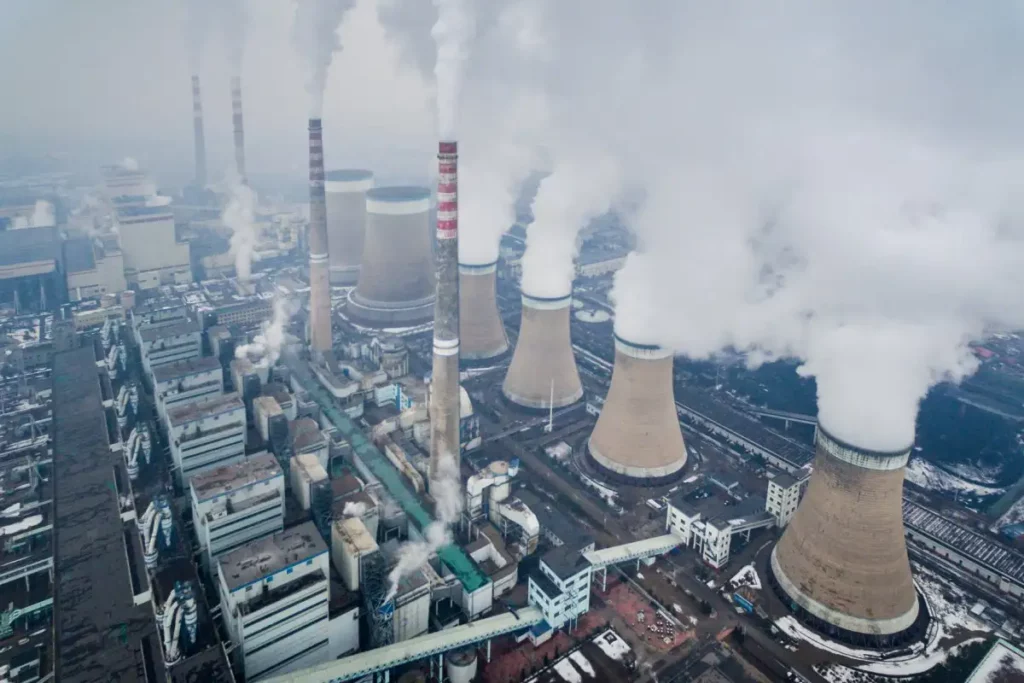According to the Australian Broadcasting Corporation, climate grief is a major health issue. Now before you laugh, please be aware that climate grief is recognized by the Australian Psychological Society. OK. Now you can laugh. Even though ABC says “sufferers may feel emotions like fear, anger, guilt, shame, grief, loss and helplessness.” We’re not sure what emotions are “like” those ones without being them. But if you follow one of their recommended cures, “Gather trusted and authoritative information on the topic to ensure your knowledge on climate change is correct”, you’ll realize you panicked over nothing and laugh at yourself with feelings very like relief mixed with embarrassment.
The story even has a Canadian angle. And a badly bent one: “For the past 18 months, Canadian scientist Kurtis Baute says he has been dealing with a lot of ‘climate grief’. ‘Basically I can’t stop thinking about the fact that millions of people, real people, are dying or will die because of something that is completely unavoidable,’ he recently announced on his YouTube channel.”
Millions of people are dying now from climate change? Who? Where? When did it start? When did these lethal effects kick in? Five years ago? Twenty-five? What does he even think he’s talking about? There are lots of real tragedies in the world including millions who really are dying from poverty including energy poverty, some of it driven by climate policy. So try thinking about that problem instead, because it is real and there are things we can do if we stop feeling sorry for ourselves and start trying to help people with real problems.
According to ABC, unfortunately, Baute is far from alone. This climate grief “can be related to the direct impacts of climate change, such as drought or bushfire.” So if you’re sad that your house burned down or your crops failed, it’s “climate grief” apparently. “But it can also take the form of a sense of doom or even existential crisis about our warming world.” And if so the stinger is that it’s our fault, not just for failing to stop the world from burning up crackle crackle but for our insensitivity.
The article goes on to explain that “Climate grief is often categorised as a form of disenfranchised grief which means it isn’t always publicly or openly acknowledged.” And we did it, because “People experiencing disenfranchised grief can feel unsupported or ashamed, and consequently can be very reluctant to talk with friends, family or a professional. ‘People may feel this isn’t something someone else can help with,’ says Dr Snell. This can then snowball into major physical and mental health problems.”
If you think we’ve gone far enough down this particular rabbit hole, we agree. The problem is a lack of perspective and a misunderstanding of what the experts have really said, so let us leave much of the warren unexplored in order to turn instead to the plan to make the problem worse. Namely melt like a snowflake in an unprecedented, man-made heat wave you invented.
ABC phrases it differently. “‘There’s no ritual around loss of environment,’ says Tristan Snell, a counselling psychologist and researcher in environmental psychology at Deakin University. ‘When you lose someone, there’s a funeral and all sorts of ways people connect and this helps process that loss. That’s just not the case for loss of environment.’” (Though there was that funeral for a glacier that had shrunk from 31 km2 in 1901 to just 15 in 1910 and 5 in 1945 before it gradually dwindled as warming accelerated.)
So maybe bury a tree or something. And consider skipping school while you’re at it because “the latest research says that if you’re between 15 and 24-years-old you are at higher risk of feeling climate grief, with almost half of young Victorians feel extremely frustrated, fearful, sad and outraged about climate change.”
Actually this part is not funny. That young people should be experiencing severe mental health issues because adults just won’t stop yelling at them about a nonexistent crisis is a serious problem. But it’s not our fault, it’s the alarmists’. And our admittedly practical, rough-and-ready solution is to stop giving kids nightmares and neuroses about things that aren’t happening and aren’t going to.
Especially if they’re under 15. ABC reports that “Dr Snell says the issue is also pressing for younger children and unfortunately they won’t be able to handle grief as well. ‘What usually helps is expressing it, talking about it, making sense of it. But that’s really hard for young children,’ he says.” Which might be why, in less enlightened times, we didn’t burden young children with troublesome policy issues if we could possibly avoid it.
Not only does it upset them directly to be told their planet will soon be uninhabitable and they and all the cute animals will die. It also gives then the terrifying feeling that the adults around them cannot cope with the world, protect them from danger or even manage their own feelings of grief. And if you don’t know why it’s wrong to subject young children to that kind of stress even in a real crisis let alone an imaginary one, we ask you to avoid their company.
Some people may not share this goal. There’s even one Australian psychologist who worries that there’s not enough climate turmoil in people’s psyches, that people somehow achieve “psychological distance” that allows them to cope, with disastrous consequences. But in case you favour sanity, ABC does point to a solution.
According to the article, “Clinical psychologists are developing strategies to help people work through climate grief, but research is still quite limited.” Which may not be as surprising as they seem to find it. But “you may find the following tactics help with feelings of emotional distress:
* Gather trusted and authoritative information on the topic to ensure your knowledge on climate change is correct
* Become more environmentally engaged by getting involved in land care or tree planting for example — taking action to better the planet is thought to relieve some anticipatory grief
* Spend time in nature to remind yourself it’s a source of strength
* Talk with like-minded family or friends and if needed, seek professional help”
We say if you do the first one right, the others will take care of themselves and you can become a support to young people instead of a burden to them.



It isn't climate change that gives me anxiety, it's the so called solutions proposed by our panicking politicians that worries me. I can live with changing climate, it doesn't frighten me, I know the apocalyptic alarmists, (Thunberg ( The Doom-Goblin as Rod Liddle in the British Spectator calls her), Extinction Rebellion etc.) are all wrong & have misinterpreted the data. We are not going to fry & die & climate change won't make very much difference to World GDP either. It won't cost us very much. What will cost us, & it will cost us far more the cost of climate change itself, are the dumb, expensive & hasty policies pursued by our unthinking governments who are doing nothing to put a stop to climate alarmism, reinforcing it by their statements & actions. Here in the UK, the Government has pledged to decarbonise the economy by 2050 & they haven't even thought through what it means in terms of cost, effectiveness & effect on the economy. I learn that this pledge was brought into force, not by a debate & a vote in Parliament, but by a 'Statutory Instrument' which bypasses any discussion. However, I think that even if there had been a debate the result would have been the same because most politicians of all parties here have swallowed the narrative that the climate change problem is supremely threatening & voted for the pledge. Those politicians who have the sense to see that climate change is NOT the most important problem threatening humanity are few & far between, but I think that fear would have made them keep their heads down in any debate in Parliament. It worries me also to see that there is not yet any effective movement in opposition to these policies, but I sincerely hope, that as the actions of the government begin to bite & show their true cost, inconvenience, futility & destructiveness to the economy people will start to question & resist.
Personally, I rather like 'Scoldilocks' as a nickname...